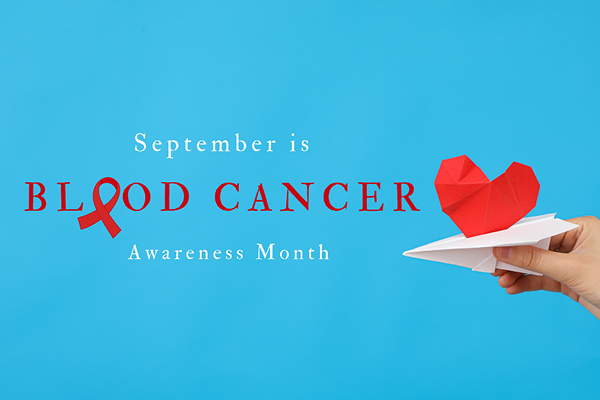Did you know that blood cancers affect about 10% of all cancer cases in the United States each year? Unlike cancers that form solid tumors in specific organs, blood cancers start in the places where your blood is made: your bone marrow and lymphatic system. This means they can affect your entire body's ability to fight infection, carry oxygen, and stop bleeding when you get hurt.
The Three Main Types You Should Know About
Leukemia starts in your bone marrow, where all your blood cells are made. Think of your bone marrow as a factory that's supposed to produce healthy red blood cells, white blood cells, and platelets. When you have leukemia, this factory starts making too many abnormal cells that don't work properly.
Lymphoma affects your lymphatic system, which is the network of vessels and nodes throughout your body that helps fight infections. With lymphoma, these infection-fighting cells become cancerous. There are two main types: Hodgkin and non-Hodgkin lymphoma.
Multiple Myeloma happens when certain cells in your bone marrow called plasma cells become cancerous. Normally, plasma cells make antibodies to help fight infections. When they become cancerous, they multiply too much and can cause problems with your bones, kidneys, and immune system.
Signs Your Body Might Be Telling You Something
Many people with blood cancers first notice they just don't feel like themselves. You might feel more tired than usual, even after getting plenty of sleep. Maybe you're getting sick more often, or cuts and bruises seem to take longer to heal.
Other signs to watch for include swollen lymph nodes that don't go away, unexplained fever, night sweats that soak your sheets, or losing weight without trying.
How Doctors Figure Out What's Going On
If your doctor suspects blood cancer, they'll want to run some tests to get a clear picture of what's happening in your body. This usually starts with blood tests to check your blood cell counts and see if anything looks unusual.
You might also need a bone marrow biopsy, which sounds scarier than it is. This test takes a small sample of your bone marrow so doctors can look at how your blood cells are being made. Your doctor might also order scans like CT or PET scans to see if cancer has spread to other parts of your body.
Treatment Options That Give You Hope
Today's blood cancer treatments are more effective and often easier to tolerate than they were even just a few years ago. Depending on your specific situation, your treatment might include chemotherapy, immunotherapy, targeted therapy, radiation, or stem cell transplant.
You Don't Have to Face This Alone
Getting a blood cancer diagnosis can feel overwhelming, but remember that you have a whole team of people ready to help you through this journey. From your doctors and nurses to social workers and other support staff, everyone is focused on helping you get better.
If you're experiencing symptoms that concern you or have questions about blood cancer, don't wait to get answers. Early detection and treatment make a real difference in outcomes.
At Oncology Specialists of Charlotte, our team understands that facing a potential blood cancer diagnosis is scary, and we're here to guide you through every step with compassion and expertise. Call 704-342-9577 to schedule a consultation where we can answer your questions and discuss your concerns in a comfortable, supportive environment.
published: Aug. 29, 2025, 6:49 p.m.

